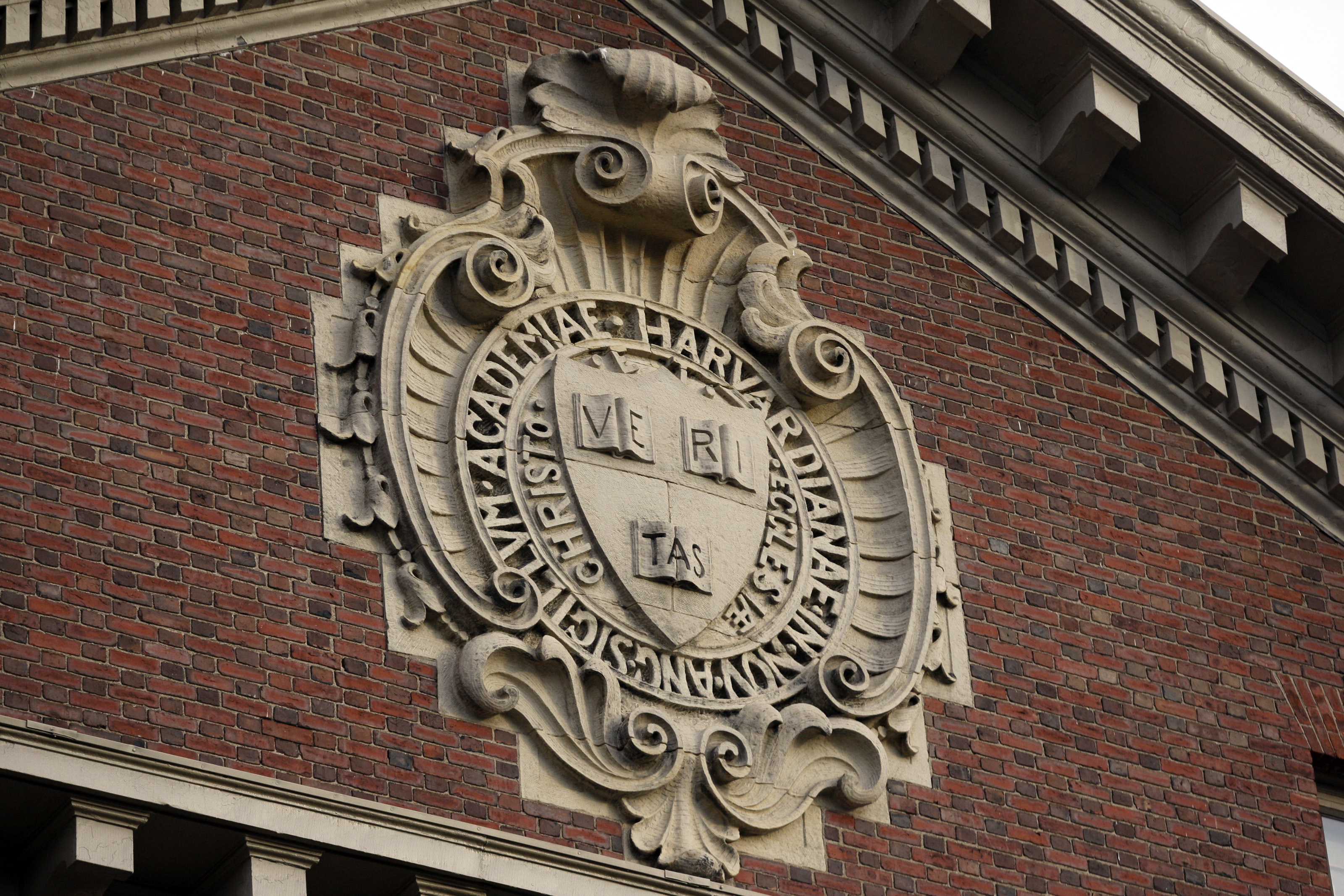Sholto David, a British biologist and blogger, claimed that executives from the Dana-Farber Cancer Institute released papers containing manipulated data and images.
This revelation raises concerns about the integrity of scientific research and the rigorous standards expected from esteemed institutions.
The studies in question, conducted by researchers affiliated with the Harvard Cancer Institute, cover a range of topics from cancer genetics to treatment efficacy.
The decision to retract and correct comes after an internal investigation uncovered instances of manipulated images, casting a shadow over the reliability of the findings.
The move to retract studies is a rare occurrence and underscores the seriousness with which the Harvard Cancer Institute is treating the allegations.
Over 50 research papers released by the Dana-Farber Cancer Institute (DFCI), an esteemed teaching institution affiliated with Harvard Medical School, are currently undergoing scrutiny this week following online assertions that their data and images were manipulated.
The integrity of scientific research is paramount, and any deviation from ethical standards has the potential to erode public trust and hinder progress in the field.
On January 2, Sholto David, a British molecular biologist and blogger, published a post on the independent research integrity blog For Better Science, accusing researchers at the institute of engaging in “data forgery”.
David’s extensive blog post, critical at times, included images such as protein bands, data plots, and PCR results from the papers. He alleges that these images were manipulated using copy and paste or Photoshop.
The implicated studies were published between 1999 and 2017.
One instance highlighted in the blog post involves an image of mice on the first day of a study appearing again on the 16th day.
In other cases, western blots (used for protein detection) and images of stained cells seem to be flipped, stretched, and resized, according to David.
“In conclusion: a significant portion of research originating from DFCI and authored by the most senior researchers and managers appears to be seriously flawed with errors that are evident even with a cursory reading,” he states.
David employed both the human eye and the artificial intelligence software ImageTwin to identify the allegedly manipulated images.
Three weeks later, amidst ongoing internal reviews of the institute’s research, DFCI has declared its intention to retract at least six studies and rectify 31.
The studies under scrutiny had been published in over a dozen prominent medical and biological peer-reviewed journals, including Molecular and Cellular Biology, Clinical Cancer Research, and Blood.
The retraction and correction process will involve a meticulous examination of the affected studies, identifying and rectifying any manipulated images or misrepresented data.
The corrected versions will be subjected to rigorous scrutiny before being re-published, ensuring that the scientific community and the public can have confidence in the accuracy of the findings.
The Harvard Cancer Institute has pledged transparency throughout this process, acknowledging the responsibility to communicate openly about the steps being taken to address the issue.
The institute also assured that it would implement enhanced measures to strengthen research integrity and prevent similar incidents in the future.
“We were aware of many of these papers and their allegations before the blog post,” shared Barrett Rollins, the institute’s research integrity officer.
Rollins himself is a co-author of two studies mentioned by David and will be excused from investigations concerning them.
“The presence of image discrepancies in a paper is not evidence of an author’s intent to deceive. That conclusion can only be drawn after a careful, fact-based examination, which is an integral part of our response,” he added.
The incident serves as a stark reminder of the collective responsibility shared by scientific institutions worldwide to ensure the credibility and reliability of their contributions to the advancement of knowledge.







